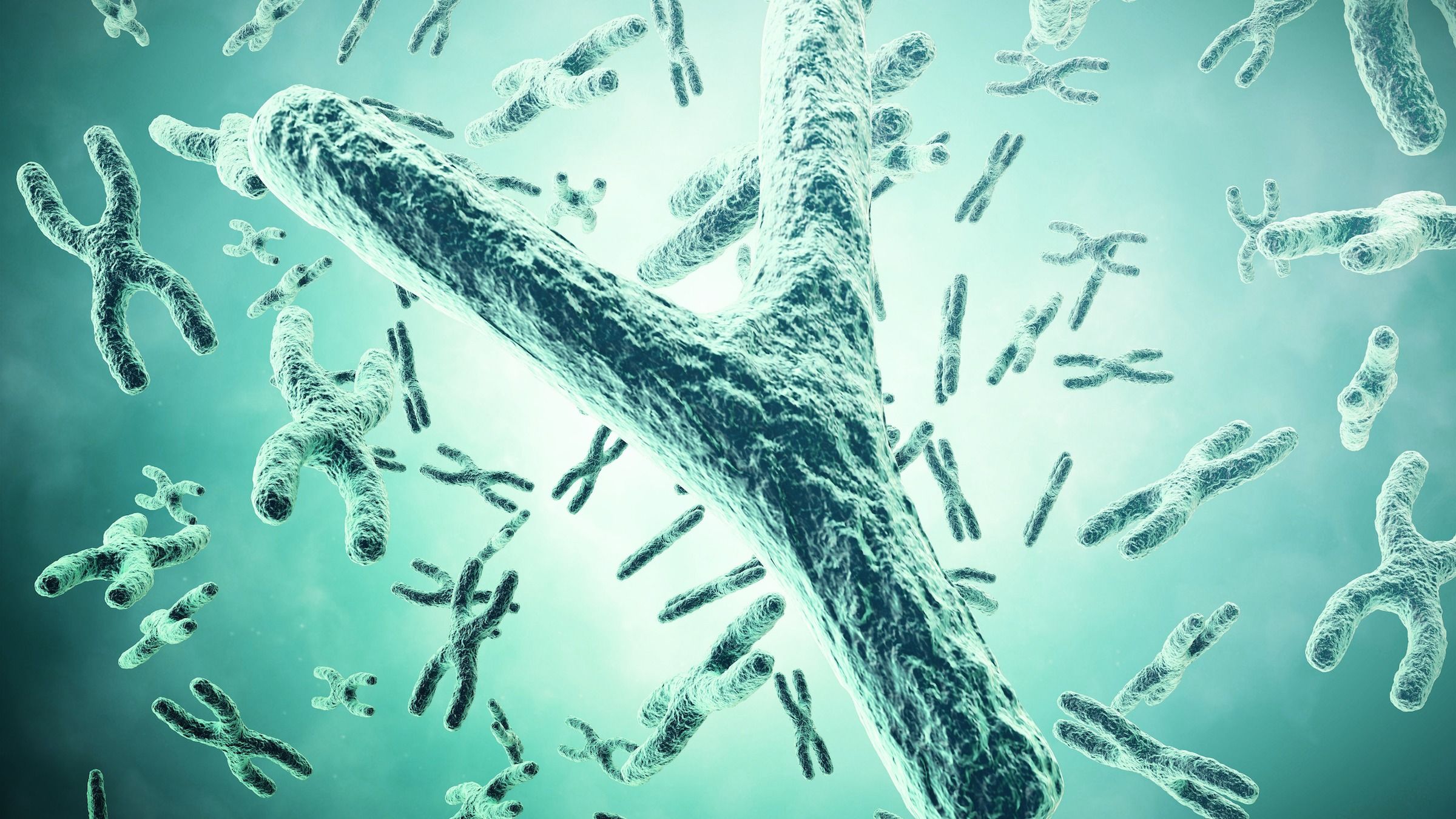Y chromosome decrease: The male sex-determining gene, the Y chromosome, is gradually shrinking and could disappear altogether, according to a study. The shrinking of the Y chromosome means a world in which only girls will be born unless a new sex-determining gene evolves. However, published research shows that spiny rats have already evolved a new male sex-determining gene, indicating a possible evolutionary path for humans.
A spiny rat, a rodent species native to Japan, has developed a new male-determining gene after completely losing its Y chromosome, researchers say. The study found that most of the genes on the Y chromosome in spiny rats had been relocated to other chromosomes.
The researchers found a small DNA duplication near the SOX9 gene on chromosome 3, present in all male spiny rats but absent in females. This duplication appears to activate the SOX9 gene, taking over the role of the missing SRY gene in male development.
The study revealed that “the loss of the Y chromosome has not been fatal for the spiny rat; instead, it has adapted by finding an alternative way to determine sex.”
However, scientists speculate that “we could see the emergence of several distinct human species, each with its own unique sex-determination mechanism.”
Will men disappear from the Earth?
“The finding supports the alternative possibility that humans could evolve a new sex-determining gene. But it may not be that simple. Evolving a new sex-determining gene carries risks,” said Professor Jenny Graves.
“In the platypus, the XY pair is simply an ordinary chromosome with two identical members, suggesting that mammalian X and Y chromosomes were an ordinary pair of chromosomes not long ago,” he said.
“This in turn must mean that the Y chromosome has lost between 900 and 55 active genes over the 166 million years that humans and the platypus have been evolving separately. That is a loss of about five genes per million years. At this rate, the last 55 genes will be gone in 11 million years,” he added.
Disclaimer:
The information contained in this post is for general information purposes only. We make no representations or warranties of any kind, express or implied, about the completeness, accuracy, reliability, suitability or availability with respect to the website or the information, products, services, or related graphics contained on the post for any purpose.
We respect the intellectual property rights of content creators. If you are the owner of any material featured on our website and have concerns about its use, please contact us. We are committed to addressing any copyright issues promptly and will remove any material within 2 days of receiving a request from the rightful owner.

